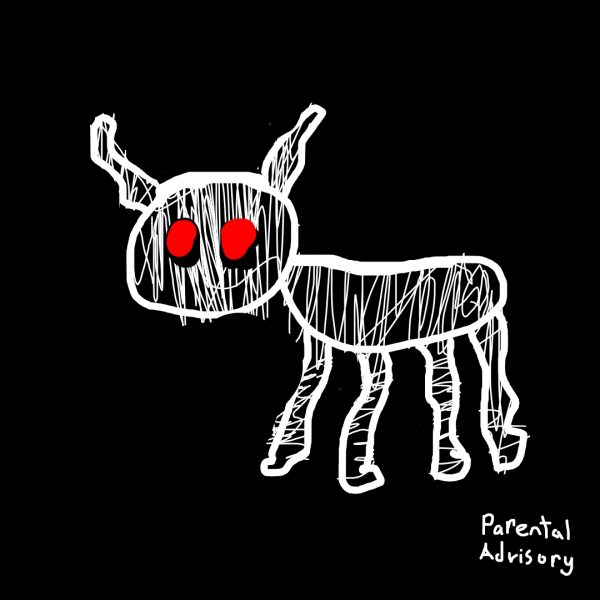The Rise of Nationalism in the EU
Homecoming 2015: Freedom Issue
In the wake of the migrant crisis sweeping the European continent, one voice has been heard louder than all the others: the voice of the far right. It is the voice of profound discontent with the influx of new people, it is the voice advocating for national unity, it is the voice remembering the good old days, and it is one that is present in every country in the European Union and is growing louder every day. From Denmark to Hungary, Germany to France, the last five years have seen astronomical growth in the success of “nationalist” far right parties. Each country is slightly different, but there is a common thread.
In France there is a wide array of political parties. The country has always been extremely “left leaning” by American standards with the central two parties being the “Liberal Party” and the “Socialists.” Only one party can really be classified as “far right” and that is the Front National. In the last three years alone the party has reportedly doubled its membership to over 80,000, but how has this happened? The FN have spent the better part of a decade changing their image in order to legitimize themselves. While twenty years ago the head of the party, Jean-Marie Le Pen, was caught on camera doing mock nazi-salutes and claiming the holocaust was “a minor detail of history”, now the leadership has changed. It is Le Pen’s daughter, Marine Le Pen, who has rebranded the party into a nationalistic, anti-EU, anti-immigration party. This new FN got over 6.4 million votes in the 2012 national election, and the highest votes of any party in the 2014 municipal elections. Most French people see her and her party as a welcome change to the old parties. My host parents even told me that they supported the FN because they thought it was a way to show their discontent with the main parties.
After the second world war, nationalism all but died out in Germany. Many Germans, horrified by the effects of the Nazi regime, saw nationalism as the main factor for their rise to power. When Germany was divided into East and West nationalism reached its lowest point ever, where many Germans didn’t even publicly display the flag. However, national pride was restored in the most unexpected way: on the soccer field! In the nail biting 1954 World Cup Final, the West German team Hungary, ending their 4-year 31-game unbeaten streak. At the end of the match the German national anthem was played, the first time it had been played at an international sporting event since World War II. The team received a hero’s welcome upon coming home, with crowd-lined streets of cheering Germans waving flags of gold, black, and red. Even within renewed pride in their country, the German’s still shy away from the far right. In fact, the movement is to some extent illegal: Laws prohibit Nazi references, marches and symbols, and phrases as well as xenophobic (as deemed by the government) statements.
Still the far right exists. There is a party called the National Democratic Party of Germany, which has been through repeated efforts to ban it. The party technically has never had enough votes to be represented in the German Parliament, it has a delegate in the European parliament and members in many local parliaments. Although they are only a small dog, they still have a loud bark. NPD pamphlets are distributed all around the country warning the internal and external “dangers” to the country. One morning at school, I remember being accosted by kids my age handing flyers out. Not thinking much of it, I just kept walking and went to class. Later that day I heard these kids were young party members handing out booklets of information warning of the “threat of immigrants to the German way of life” and ran away after the police was called.
You may be asking yourself, how does this affect the United States, what do a handful of European elections mean to us? We live in a world where everything is becoming increasingly connected, where the rhetoric of one anti-immigration politician in the UK finds itself cited in the speech of a candidate here at home, or broadcasted in giant letters on Fox News. These movements are fundamentally changing the political landscape of Europe, and they cannot help but affect us. If all that still does not convince you, remember: the last time these parties took power in Europe, there was a world war.





































